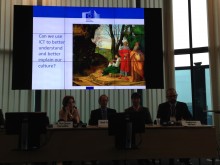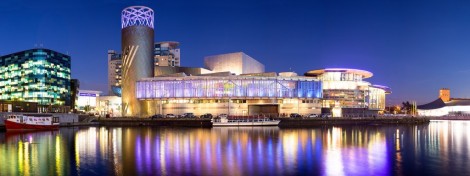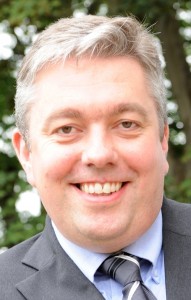 Dear All,
Dear All,
It is my pleasure to invite you to participate in a new initiative that will hold our interest for a couple of years and which we aim to build into a platform for collaboration in the digital preservation community in the future.
The OAIS standard published by both the Consultative Committee for Space Data Systems (CCSDS) and as ISO14721 has been highly influential in the development of digital preservation. As a reference model it provides a common basis for aligning disparate practice in diverse institutional settings. A range of standards have emerged around and related to OAIS including PREMIS (for preservation metadata), ISO16363 (for certification) and PAIMAS (for exchange between Producers and Archives).
Since OAIS was initially proposed the digital preservation community has grown tremendously in absolute numbers and in diversity. OAIS adoption has expanded far beyond the space data community to include cultural heritage, research data centers, commerce, industry and government.
The digital preservation community has – we have! – a responsibility to keep our standards relevant. The upcoming ISO review of the OAIS standard in 2017 offers a chance for a cooperative, transparent review process. It also creates an opportunity for further community building around OAIS and related initiatives.
Can our community develop an information platform around these common vocabularies, concepts, functions, and standards to develop a common view on the state of digital curation and preservation and provide the basis for a contribution to the OAIS review?
”’We think we can!”’
With your support we have initiated the following:
- OAIS Community forum via a wiki: Your feedback and the discussions on this wiki will provide raw material for an editorial committee of the most active participants to formulate recommendations which will result in a formal submission to the 2017 review. So sign in and add your views!
- Exploring official mechanisms: Official mechanisms for the review of ISO standards are well established via National Standard Bodies and these will be explored and used to give input for the review.
- Active Interaction: Ensuring inclusion for this large, diverse community will mean collaborative virtual meetings are necessary but we all recognize the value of meeting face to face and will seek to enable this.
The outcome from this activity is not simply a wiki nor is it a set of recommendations. By providing a shared open platform for the community that gathers around the OAIS we aim to ensure on-going dialogue about our standards and their implementation in the future.
In this sense the 2017 review is a milestone on the way to an engaged and empowered community rather than a destination.
Join the community and contribute your views on the wiki here:
http://wiki.dpconline.org/index.php?title=OAIS_Community
Read and comment on David Rosenthal’s case for a revision of the OAIS model here:
http://wiki.dpconline.org/index.php?title=The_case_for_a_revision_of_OAIS
William Kilbride
Executive Director, The Digital Preservation Coalition



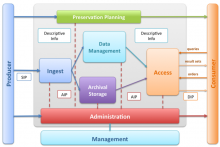




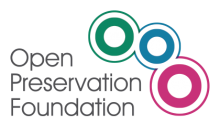 JHOVE (JSTOR/Harvard Object Validation Environment) is an extensible software framework for performing format identification, validation, and characterisation of digital objects. The Open Preservation Foundation (OPF) took over stewardship of JHOVE in February 2015 to provide it with a permanent and sustainable home.
JHOVE (JSTOR/Harvard Object Validation Environment) is an extensible software framework for performing format identification, validation, and characterisation of digital objects. The Open Preservation Foundation (OPF) took over stewardship of JHOVE in February 2015 to provide it with a permanent and sustainable home.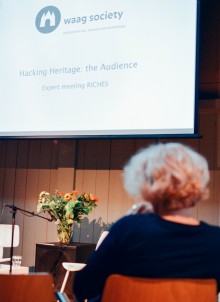
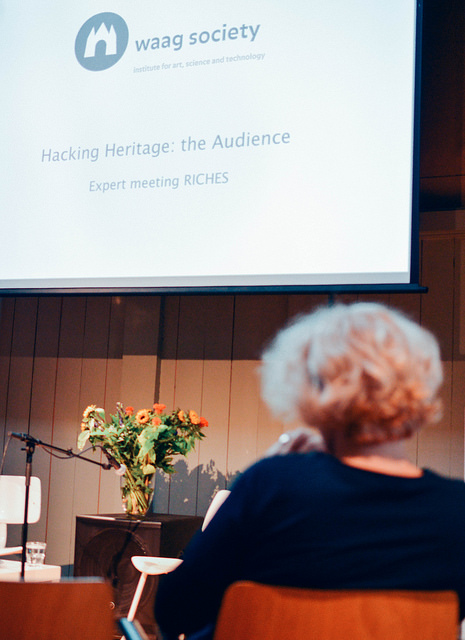 On Monday October 5th 2015, almost 60 heritage professionals gathered in the Waag’s Anatomical Theatre in Amsterdam and discussed how co-creation can be applied in the heritage sector to create new stories or new connections with audiences.
On Monday October 5th 2015, almost 60 heritage professionals gathered in the Waag’s Anatomical Theatre in Amsterdam and discussed how co-creation can be applied in the heritage sector to create new stories or new connections with audiences.





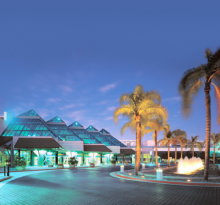
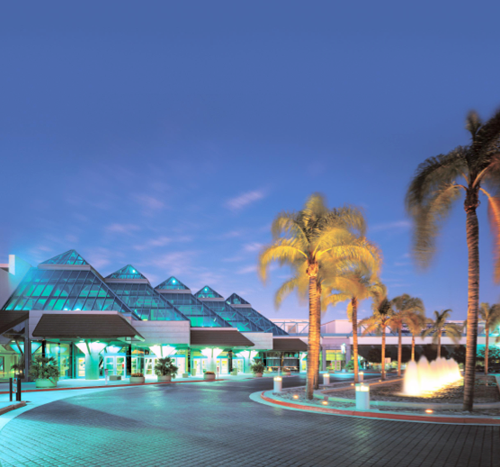
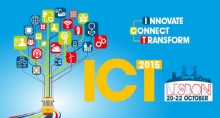
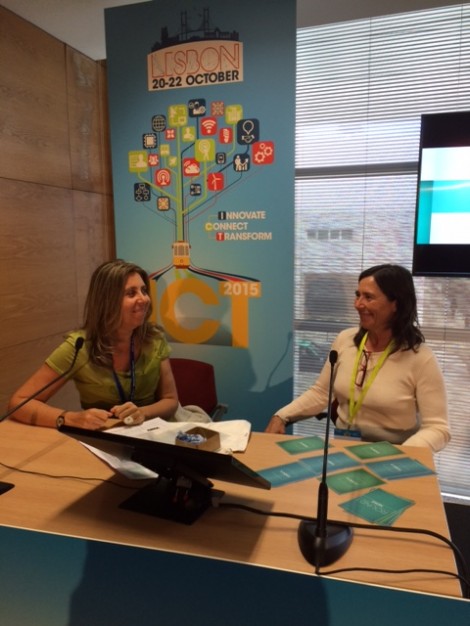
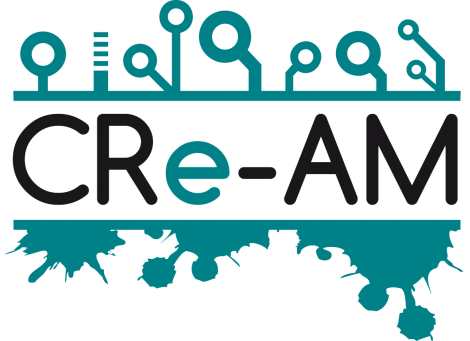 The main outcome of the CRe-AM networking session will be a set of recommendations for the future ICT European Agenda, in order to maximise its impact on the development and adoption of new technologies for supporting the creative processes, as well as enhance existing tools and platforms to better correspond to the needs of specific creators’ groups. The session will allow the coordination of different EC initiatives working at the bridge of technology and creative industries, and its outcomes will enrich CRe-AM roadmaps with a better understanding of cross-sectorial trends and engagement with potential users.
The main outcome of the CRe-AM networking session will be a set of recommendations for the future ICT European Agenda, in order to maximise its impact on the development and adoption of new technologies for supporting the creative processes, as well as enhance existing tools and platforms to better correspond to the needs of specific creators’ groups. The session will allow the coordination of different EC initiatives working at the bridge of technology and creative industries, and its outcomes will enrich CRe-AM roadmaps with a better understanding of cross-sectorial trends and engagement with potential users.